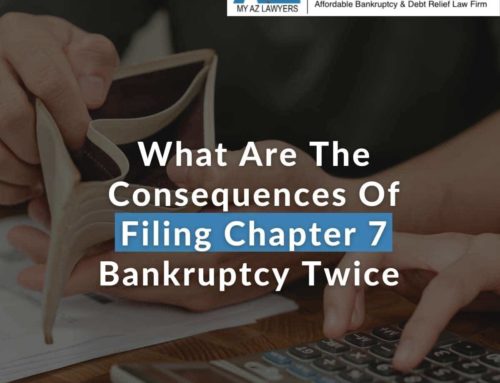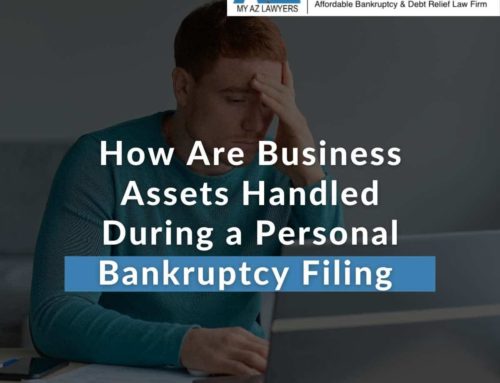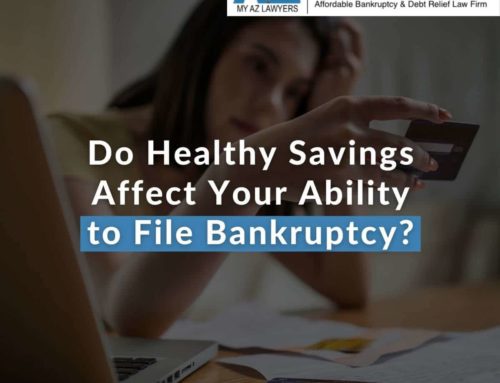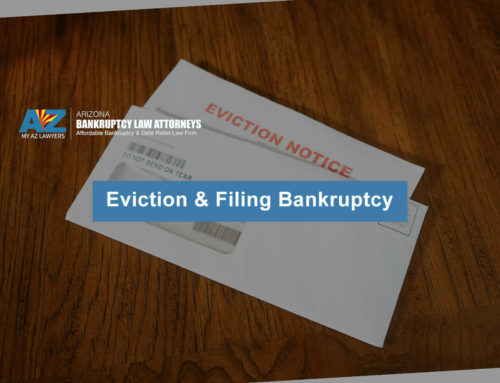What Happens if I Can’t Make My Chapter 13 Bankruptcy Plan Payments?
A Chapter 13 Bankruptcy is also often called a “Wage Earners” bankruptcy. In order to qualify for a Chapter 13 bankruptcy filing, you must show the court that you are capable of making monthly payments for a period of 3-5 years. So, what happens if you are unable to make your chapter 13 bankruptcy plan payment? You actually have several options. These options include: modifying the amount of your monthly payment, temporarily suspending your chapter 13 plan payments, or converting your Chapter 13 bankruptcy case to a Chapter 7 bankruptcy.
In order to modify your chapter 13 bankruptcy plan payments you must submit significant documentation to the bankruptcy court which shows your current financial situation along with why you are unable to make the current plan payments. If you are able to show an acceptable hardship, a modification may be granted.
In order to suspend your chapter 13 bankruptcy payments, your lawyer must file a request with the bankruptcy court outlining your circumstances and why you are temporarily unable to make your payments. If granted, the suspension of payments is a short term solution and it can often raise your payments over the remainder of your plan in order to make up the missed payments. However, this does temporarily solve the problem of not being able to make your Chapter 13 plan payments.
Lastly, you may be able to convert your current Chapter 13 bankruptcy case to a Chapter 7. In order to convert your case, firstly, you had to have been eligible for a Chapter 7 at the time that your Chapter 13 filing. This means you cannot have had a previous bankruptcy filing within the past 8 years.
Additionally, you must also file a new bankruptcy Mean’s Test showing that your current income meets the criteria to qualify for a Chapter 7 bankruptcy filing. Converting to a Chapter 7 is often possible if changes have occurred in your life. Some of these changes that may make a Chapter 7 bankruptcy feasible include: Loss of job, decreased pay or hours worked, increased household size, or you have become disabled.
When considering amending your Chapter 13 bankruptcy into a Chapter 7 bankruptcy, it would behoove you to contact an experienced Arizona bankruptcy attorney to assist you with the process. A bankruptcy lawyer will be able to assure that moving to a Chapter 7 bankruptcy goes off without any complications.
If you are having a hard time making your Chapter 13 bankruptcy payments, contact your attorney immediately to discuss your options. There are varies ways that your attorney may be able to assist you in making adjustments within your current Chapter 13 plan or may be able to get rid of your monthly payment entirely with a conversion to a Chapter 7 bankruptcy.
Keep in mind that making your Chapter 13 payments are important and without these payments being made on time, your Chapter 13 may be dismissed. Don’t wait and compound your problems, seek help when you are unable to make your Chapter 13 bankruptcy payments.
Arizona Bankruptcy Law Attorneys
Mesa Bankruptcy Law Office
Mesa Bankruptcy Lawyers
4065 E University Dr #500
Mesa, AZ 85205
(480) 470-0005
Phoenix Bankruptcy Law Office
668 North 44th Street, Suite #300
Phoenix, AZ 85008
(480) 833-8000
Glendale Bankruptcy Law Office
My AZ Lawyers
20325 N. 51st Ave.
Suite #134
Glendale, AZ 85308
(623) 640-4945
Tucson Bankruptcy Law Office
My AZ Lawyers
2 East Congress St. Ste. 900
Tucson, AZ 85701
(520) 306-8729
Avondale Bankruptcy Law Office
My AZ Lawyers
12725 W. Indian School Rd.Suite E, #101
Avondale, AZ 85392
(623) 399-4222






